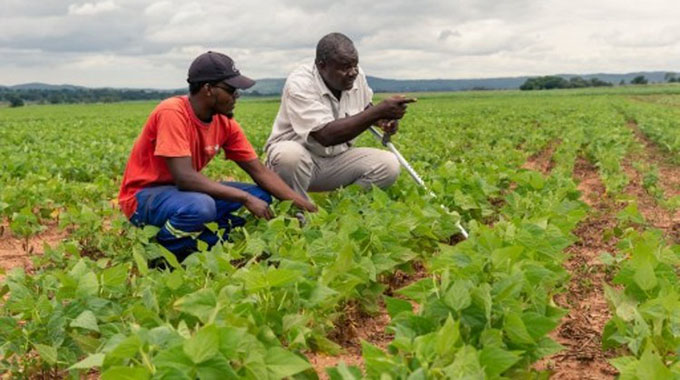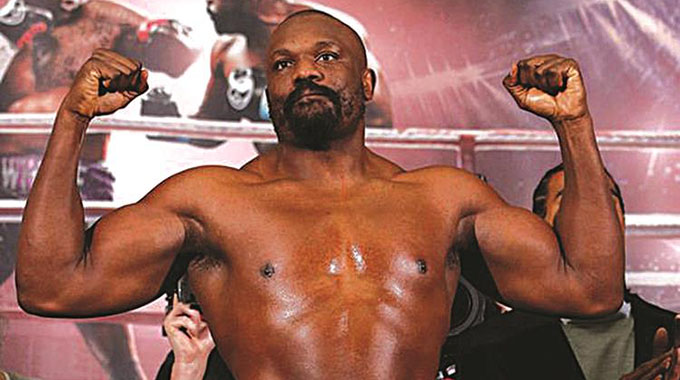Hey America, it’s time to end Zim’s economic punishment

Tendai Murisa and Shantha Bloemen
United STATES sanctions are undermining Zimbabwe’s access credit and investment. They’re supposedly about rule of law, but there’s likely an ulterior motive.
On paper, the US Zimbabwean Democracy and Economic Recovery Act (ZIDERA) is about rule of law. It was first passed in 2001 at the height of Zimbabwe’s land seizures and was purportedly a reaction to the Zimbabwean government not protecting the property rights of white farmers. The act was part of US- and UK-led efforts to cut off lending by international financial institutions, impose political and economic sanctions, and isolate Zimbabwe.
Specifically, ZIDERA placed individual sanctions on Mugabe and most of his top government and party officials.
It also enshrined into law the US stance that funding from the likes of the IMF and World Bank could not be reinstated until the act was lifted.
When President Mugabe resigned in 2017, the situation paved the way for a better Zimbabwe under the leadership of President Mnangagwa.
President Mnangagwa vowed to break with the past and allow democracy to flourish. The UK and others signalled their willingness to improve relations.
Yet ZIDERA remained in place. Not only that. Last July in 2018, US Congress introduced an amended version of it. Passed just days before Zimbabwe’s first ever elections without Mugabe, this renewed act included the extra demand that the vote be free and fair.
The polls were probably the most inclusive, free and fair elections ever held in Zimbabwe.
The real reasons behind ZIDERA?
Either way, President Trump signed the amended ZIDERA into law shortly after. In theory, it is possible that the US’ continued punishment of Zimbabwe is about rule of law. But this seems unlikely. Instead, it is more likely that the real reasons lie elsewhere.
When ZIDERA was recently amended, it also added another important requirement. It stated: “Zimbabwe and the Southern African Development Community (SADC) should enforce the SADC tribunal rulings from 2007 to 2010 including 18 disputes involving employment, commercial, and human rights cases surrounding dispossessed Zimbabwean commercial farmers and agricultural companies.”
Eighteen years since the land reform exercise, the landscape in Zimbabwe has dramatically changed. Instead of 6 000 commercial farmers controlling 70 percent of valuable farm land, there are an estimated 300 000 new commercial farmers. In 2018, the country experienced its largest tobacco harvest ever. This new reality on the ground is accepted by most Zimbabweans, both white and black. So rather than being a realistic demand, the inclusion of this steep demand in the amended ZIDERA has been interpreted by many in southern Africa as a warning.
As South Africa and Namibia currently debate how to address historical injustices around land, Zimbabwe’s harsh treatment could be seen as a threat for what not to do. Adding weight to these suspicions, President Trump tweeted his concerns about South Africa’s land reform process shortly after signing ZIDERA into law. He is reported to have been informed by fringe white farmer lobbies in South Africa who have growing alliances with white supremacist groups in the US.
Punishing ordinary people
How much longer can Zimbabwe’s economic punishment be justified? If it is about property rights and land reform, will the new dispensation ever be recognised without the country being drawn further into debt? If it is about the rule of law and politically related violence, then would not the likes of Kenya, Cameroon, Uganda and many more warrant similar measures?
Under the current conditions, it is Zimbabwean citizens that are suffering most. ZIDERA is not so much stopping land reform or punishing elites, but contributing to economic strangulation, which hits ordinary people hardest.
The new Zimbabwean government has done much more in strengthening transparency, tackle corruption and safeguard human rights. But ZIDERA is not about such concerns, and even if it were, it would not be helping.
While President Trump demands American sovereignty, Zimbabwe’s ability to manage its own economy is severely hampered by the US. No country in our globalised world can both balance its budget and stabilise its currency without support. Zimbabweans have already paid a heavy enough price.
This edited version was originally published on africanarguments.org








Comments